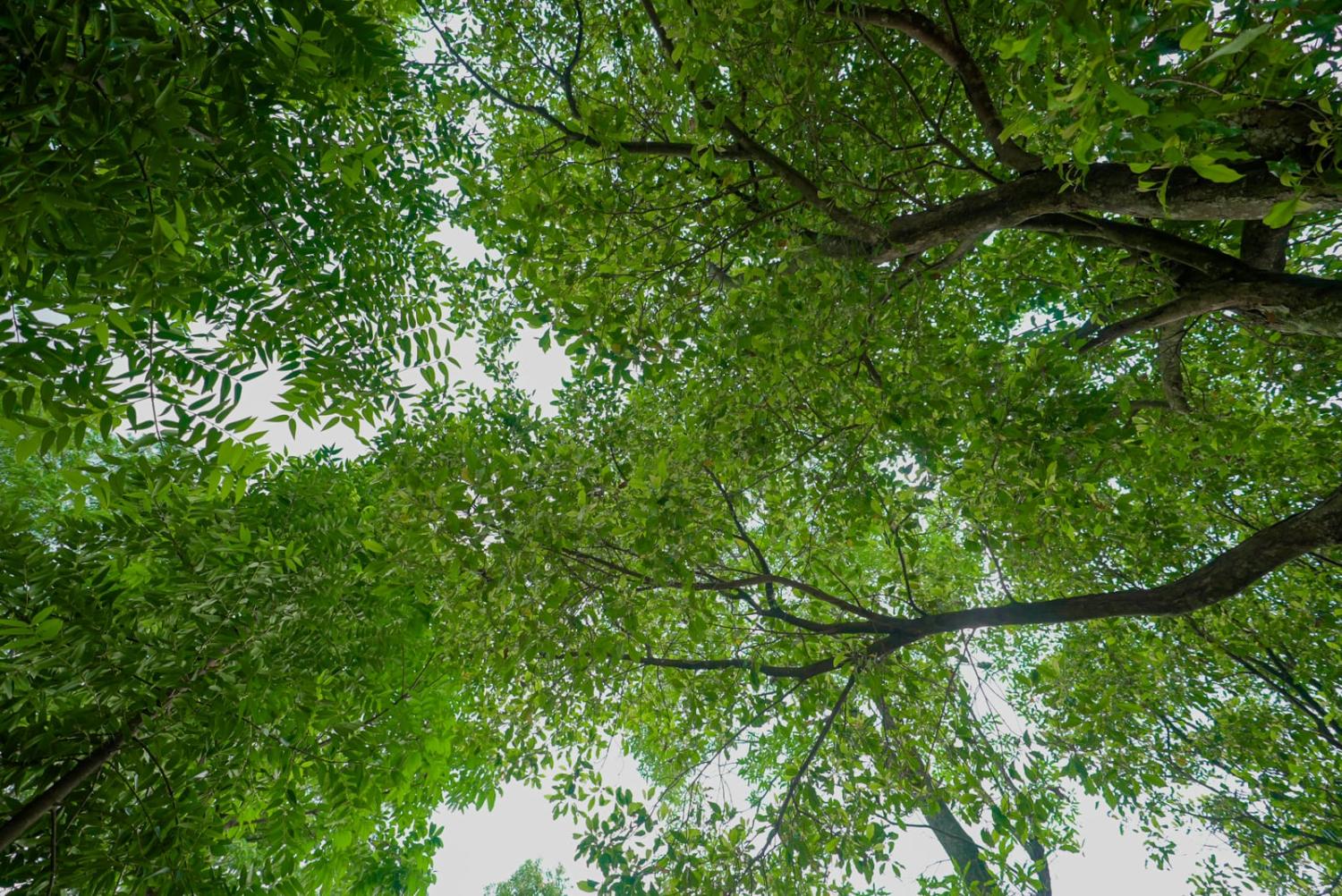Domestic funding for climate resilience has been one of Indonesia’s top priorities. Going “bigger” and “better” are essential to Indonesia’s future prosperity, given the Asian Development Bank has warned climate change could cost the country 3.5% of national GDP by the year 2100. Indonesia contributes to the sixth-highest proportion of global greenhouse emissions, making climate action more pertinent than ever.
In this context, the concept of waqf-based forests emerges as a unique and promising approach, drawing upon the principles of Islamic tradition to finance climate change mitigation and adaptation efforts.
Waqf, rooted in Islamic jurisprudence, refers to permanently dedicating assets, including land, for charitable purposes. Waqf assets are considered perpetual endowments, with their benefits directed towards fulfilling social, economic, or religious objectives. Waqf-based forests, therefore, are areas of land designated for conservation, with the
According to the Fiscal Policy Agency of the Ministry of Finance, for Indonesia to achieve its nationally determined contribution target for reducing emissions by 2030, it will need financing of IDR 4,299 trillion (US$281 billion). While waqf funding from Indonesia in total is estimated by the National Waqf Agency (BWI) to be approaching IDR 180 trillion (US$11 billion), and obviously is not dedicated solely to climate matters, this cash figure excludes other forms of waqf from the calculation.
In addition to financial benefits, waqf-based forests create social and economic opportunities for local communities. Sustainable forestry practices generate employment, promote skills development, and stimulate local economies. Furthermore, waqf-based forests can serve as educational and research hubs, fostering awareness about environmental conservation and sustainable land management practices.
Muslims for Shared Action on Climate Impact (MOSAIC) has advocated the waqf-based forest project since 2022 as a recommendation of the Muslim Congress for a Sustainable Indonesia (Kongres Umat Islam untuk Indonesia Lestari). MOSAIC is an Islamic-driven collaborative movement to mobilise Muslims nationwide to participate actively in climate initiatives. This movement is in line with a notion of “Green Islam” in the country, which recently featured in The New York Times. As Nur Hasan Murtiaji, a member of the MOSAIC steering committee, explained, the origin of the movement started from a 2019 study that identified Indonesia as one of the countries with the lowest confidence in climate change:
In 2020, with a more precise context, the results are quite surprising: 9 out of 10 Indonesians are worried about climate change but also believe God has supreme power. This underscores the potential to discuss climate change in an Islamic context, considering that Indonesian society trusts religious leaders more than political figures.
Persuading Muslim communities that waqf-based forests can grant them divine rewards by helping to safeguard nature through donations will be the key to helping unlock the capital required to decarbonise economies and make them more resilient to harsher weather conditions.
Establishing and managing waqf-based forests will require collaboration between governments, religious institutions, non-profit organisations, local communities, and private investors. Governments can provide policy support, land tenure security, and regulatory frameworks conducive to waqf-based forest development.
A waqf forest in Bogor District, West Java Province, is a case in point.
This year, Bogor Waqf Forests Foundation, in collaboration with MOSAIC and Republika, kick-started a campaign titled “For the sake of eternal rewards” (pahala sepanjang masa) on KitaBisa.com digital fundraising platform. This campaign aimed to pilot a waqf-based forest to assist rural communities affected by landslides by restoring degraded land, conserving biodiversity, and mitigating carbon emissions. Before this campaign, Bogor Waqf Forests Foundation already managed three waqf-based forests.
The idea of waqf-based forests has great potential, which can continue to be developed through the social capital of the Indonesian people. Indonesia has been ranked top for generosity across six consecutive years by the World Giving Index, which shows the strong influence of religious values and cultural traditions in society. This generosity can be seen from the collection of zakat, infaq, and alms in addition to waqf, which consistently increases every year.
Waqf is often still associated with contributions to religious rituals, such as mosques (masjid), madrasas (madrasah), and cemeteries (makam), abbreviated as “3M”. Waqf also has the potential to be leveraged as a public effort to support environmental conservation. In a future where social, natural, and economic justice are needed to reduce the impact of climate change, the traditional methods of giving and caring within Islamic cultures provide a promising path forward.

